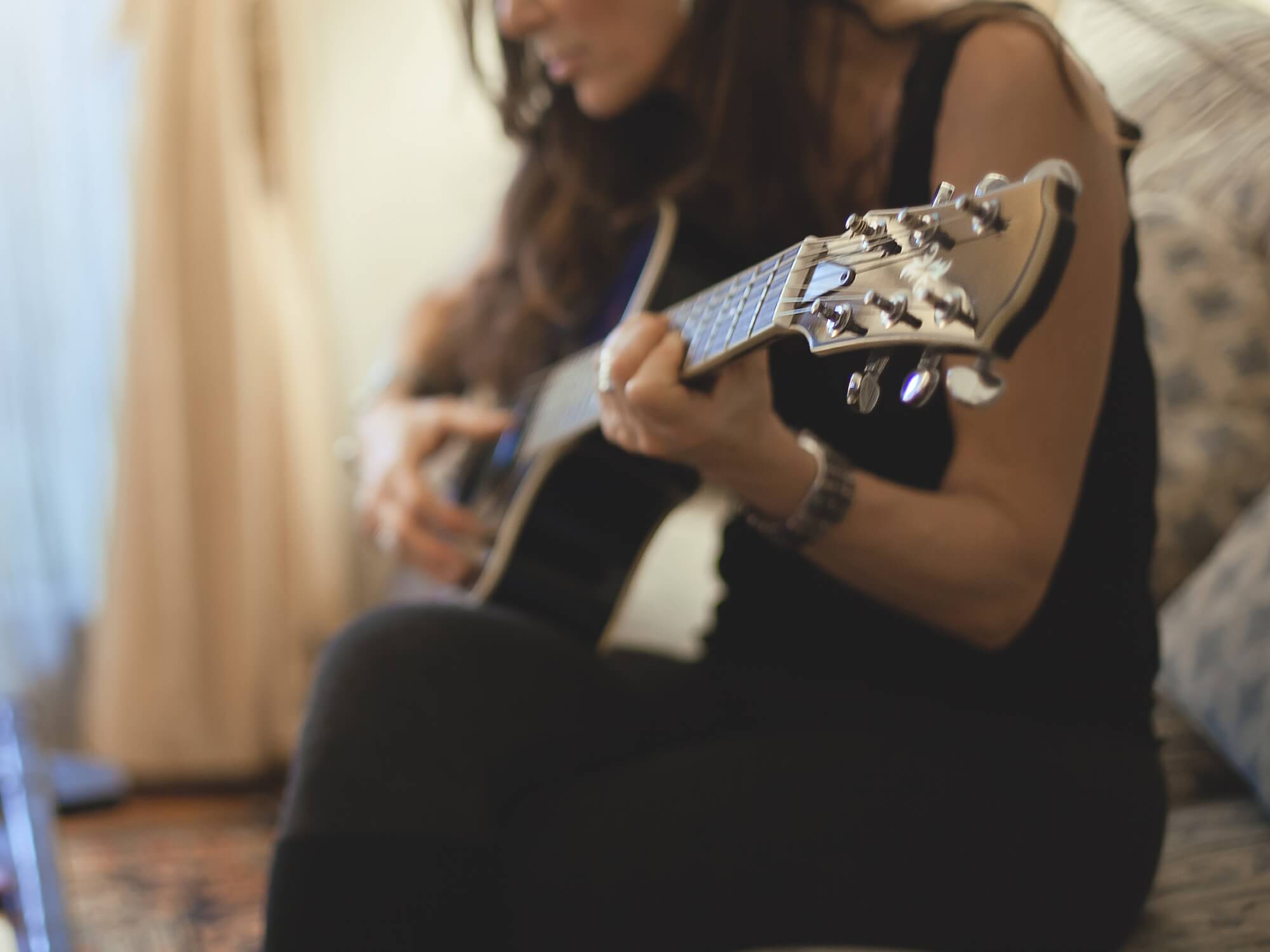Related Tags
Fender CEO: Women buy guitars online because they “weren’t getting treated well” at shops
Mooney said finding women make up half of all new players was a “complete shocker” to Fender.

Credit: Nico De Pasquale Photography / Getty
Fender Musical Instruments CEO Andy Mooney has shared five insights the guitar maker found about their buyers, revealing brand found that women “weren’t getting treated well” at physical shops.
- READ MORE: Willow Smith praises Billy Corgan for setting the precedent of “what rock star dudes can be”
Mooney discussed how Fender had utilised data to refocus its marketing and Artist Signature series in a new interview with Entrepreneur, describing how he had asked “Who’s buying our guitars?” upon arriving in 2015, only to receive opinions and not data.
Fender assembled five key insights based on the data they gathered following Mooney’s question, and discovered that 45 per cent of the guitars Fender sold every year went to first-time players in what he described as “a big “aha” moment”. Fender also found that 90 per cent of first-time players would abandon the instrument, which led to the creation of the proprietary education platform Fender Play.
Having revealed in 2018 that women make up half of all new players, he described the finding as a “complete shocker” to Fender, adding that these buyers were largely purchasing acoustic guitars.
Lastly, Mooney shared, “Women were buying guitars online because in the brick-and-mortar stores there was nobody to relate to, and they weren’t getting treated well.”
In a direct inversion of the growing trend, however, it was reported earlier this year in June that women and non-binary artists make up just 5.8 per cent of signature guitars offered by major brands. A study by Find My Guitar found that only eight brands offer signature instruments for women or non-binary guitarists, namely Fender, Ibanez, Epiphone, ESP LTD, Gibson, Music Man, Reverend and Shecter.
The study noted that having female artists co-design guitars could help with popularising the instrument and make it more accessible to all players, a rarity considering only 13 guitar lines for women or non-binary players were found by the study.
